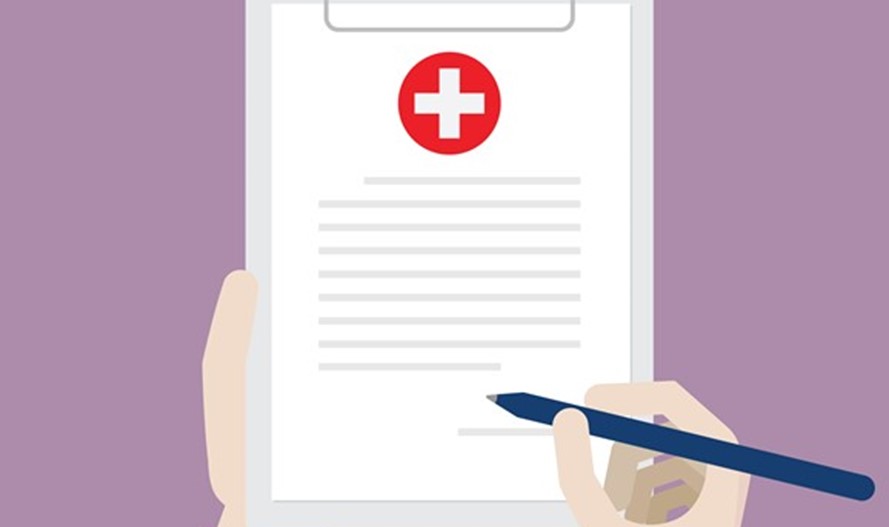In this section, you’ll find a number of resources to assist you in serving our Parkland Community Health Plan members. Remember, you can always find more information in our provider manual.

Behavioral Health

Pharmacy

Vision

Claims

Complaints & Appeals
